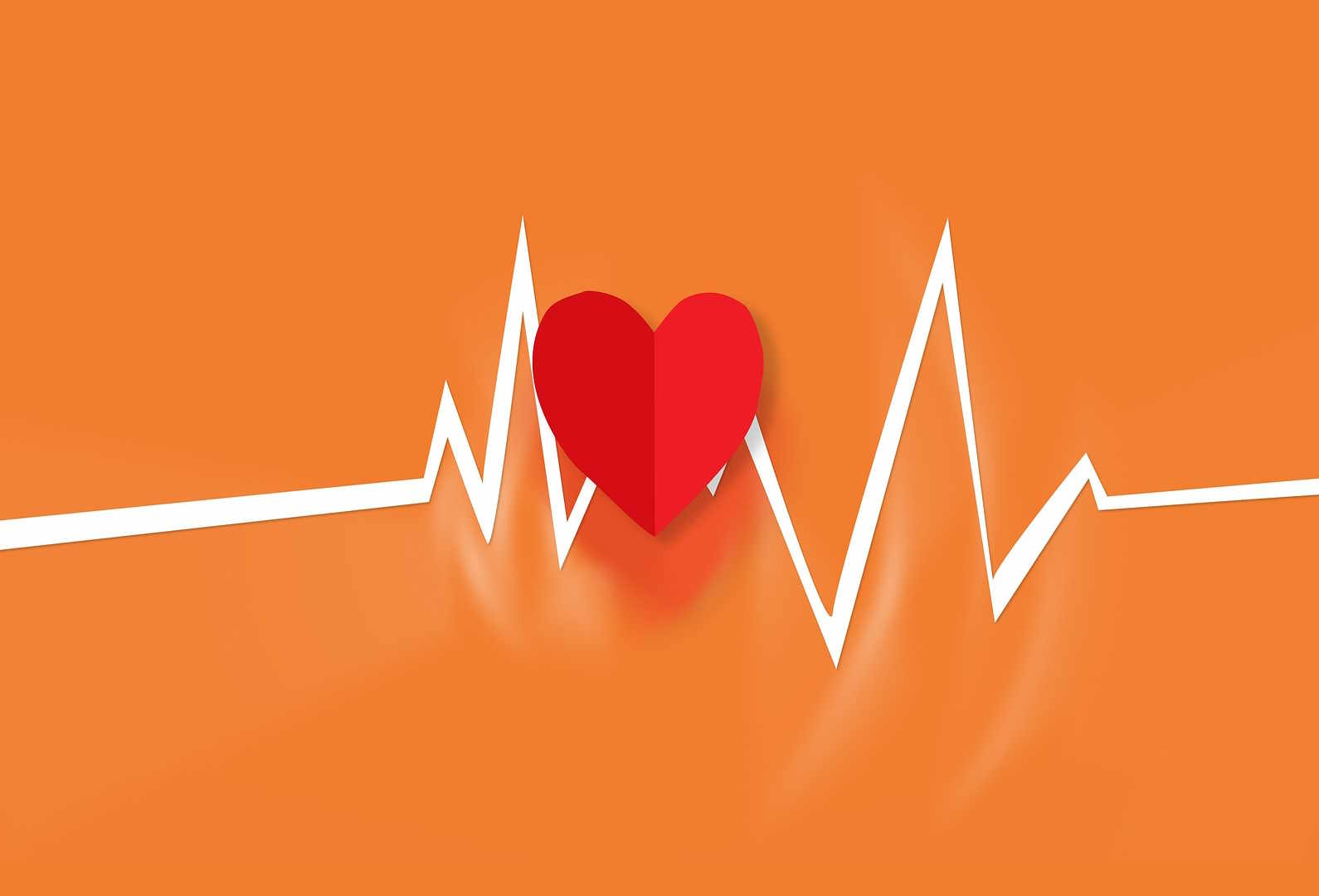Early Warning Signs of Heart Failure and Valve Disease
Recognising the early warning signs of heart failure and valve disease can be life-saving, yet many people dismiss symptoms as normal signs of ageing or stress. These cardiovascular conditions affect millions of people worldwide and often develop gradually, making early detection crucial for effective treatment. Understanding what to look for and when to seek medical attention can significantly improve outcomes and quality of life for those affected by these serious heart conditions.

What Are the Early Signs of Heart Valve Disease?
Heart valve disease occurs when one or more of the heart’s four valves don’t function properly, either failing to open adequately or close completely. The earliest signs often include unexplained fatigue, particularly during activities that previously felt manageable. Many people notice shortness of breath during routine tasks like climbing stairs or walking briskly.
Chest discomfort or pain, especially during physical activity, serves as another important early indicator. Some individuals experience heart palpitations or an irregular heartbeat, which may feel like fluttering or racing sensations. Dizziness or lightheadedness, particularly when standing up quickly or during exertion, can also signal valve problems. Swelling in the ankles, feet, or legs may develop as the condition progresses, indicating that the heart is struggling to pump blood effectively.
How to Recognize a Failing Heart Valve
A failing heart valve presents several distinct warning signs that require immediate medical attention. Listen carefully to your body for unusual sounds - some people can actually hear their heart murmur, described as a whooshing or swishing sound. However, many heart murmurs are only detectable through medical examination with a stethoscope.
Progressive shortness of breath represents one of the most significant red flags. This symptom often worsens gradually, starting with breathlessness during vigorous activity and eventually occurring during rest or while lying flat. Night-time breathing difficulties or waking up gasping for air should prompt immediate medical consultation.
Changes in exercise tolerance provide another clear indicator. If activities that once felt comfortable now leave you exhausted or breathless, this could signal valve deterioration. Persistent fatigue that doesn’t improve with rest, combined with any of these other symptoms, warrants professional medical evaluation.
Heart Failure Prevention Strategies
Preventing heart failure involves adopting comprehensive lifestyle modifications and managing underlying health conditions effectively. Regular physical activity, tailored to individual capabilities and medical recommendations, strengthens the heart muscle and improves overall cardiovascular health. Aim for at least 150 minutes of moderate-intensity exercise weekly, as recommended by health authorities.
Dietary modifications play a crucial role in prevention. Reducing sodium intake helps prevent fluid retention and reduces strain on the heart. Focus on consuming plenty of fruits, vegetables, whole grains, and lean proteins while limiting processed foods, saturated fats, and excessive alcohol consumption.
Managing underlying conditions such as high blood pressure, diabetes, and high cholesterol significantly reduces heart failure risk. Regular monitoring and medication compliance, when prescribed, are essential. Avoiding tobacco products and maintaining a healthy weight further support heart health and reduce cardiovascular disease risk.
When to Consult a Doctor for Heart Issues
Seeking timely medical attention can prevent minor heart issues from developing into serious complications. Schedule an appointment if you experience persistent shortness of breath, especially if it worsens over time or occurs during rest. Any chest pain or discomfort, particularly during physical activity, requires professional evaluation.
Rapid or irregular heartbeat, persistent fatigue that doesn’t improve with rest, or sudden swelling in the legs, ankles, or feet should prompt immediate medical consultation. Additionally, if you have risk factors such as family history of heart disease, diabetes, high blood pressure, or previous heart problems, regular check-ups become even more critical.
Don’t ignore symptoms that interfere with daily activities or sleep patterns. Early intervention often leads to better treatment outcomes and can prevent the progression of heart conditions to more serious stages requiring intensive medical intervention.
Treatment Options and Medical Care
Modern treatment approaches for heart failure and valve disease vary significantly depending on the specific condition, severity, and individual patient factors. Medication therapy often forms the foundation of treatment, with options including ACE inhibitors, beta-blockers, diuretics, and other specialised heart medications designed to improve heart function and reduce symptoms.
Lifestyle modifications remain integral to treatment success. Cardiac rehabilitation programmes provide structured exercise training, nutritional counselling, and education about heart-healthy living. These comprehensive programmes have shown significant benefits in improving quality of life and reducing hospital readmissions.
For severe valve disease, surgical interventions may become necessary. Options range from minimally invasive valve repair procedures to valve replacement surgery, depending on the specific valve affected and the extent of damage. Advanced techniques now allow many procedures to be performed with smaller incisions and shorter recovery times than traditional open-heart surgery.
Regular monitoring through echocardiograms, electrocardiograms, and other diagnostic tests helps healthcare providers track disease progression and adjust treatment plans accordingly. Working closely with cardiologists and other heart specialists ensures access to the most current treatment options and technologies available for managing these conditions effectively.
Heart failure and valve disease require ongoing medical management, but with proper treatment and lifestyle modifications, many people continue to lead active, fulfilling lives. Early recognition of warning signs and prompt medical attention remain the most important factors in achieving positive outcomes for these serious cardiovascular conditions.
This article is for informational purposes only and should not be considered medical advice. Please consult a qualified healthcare professional for personalized guidance and treatment.




